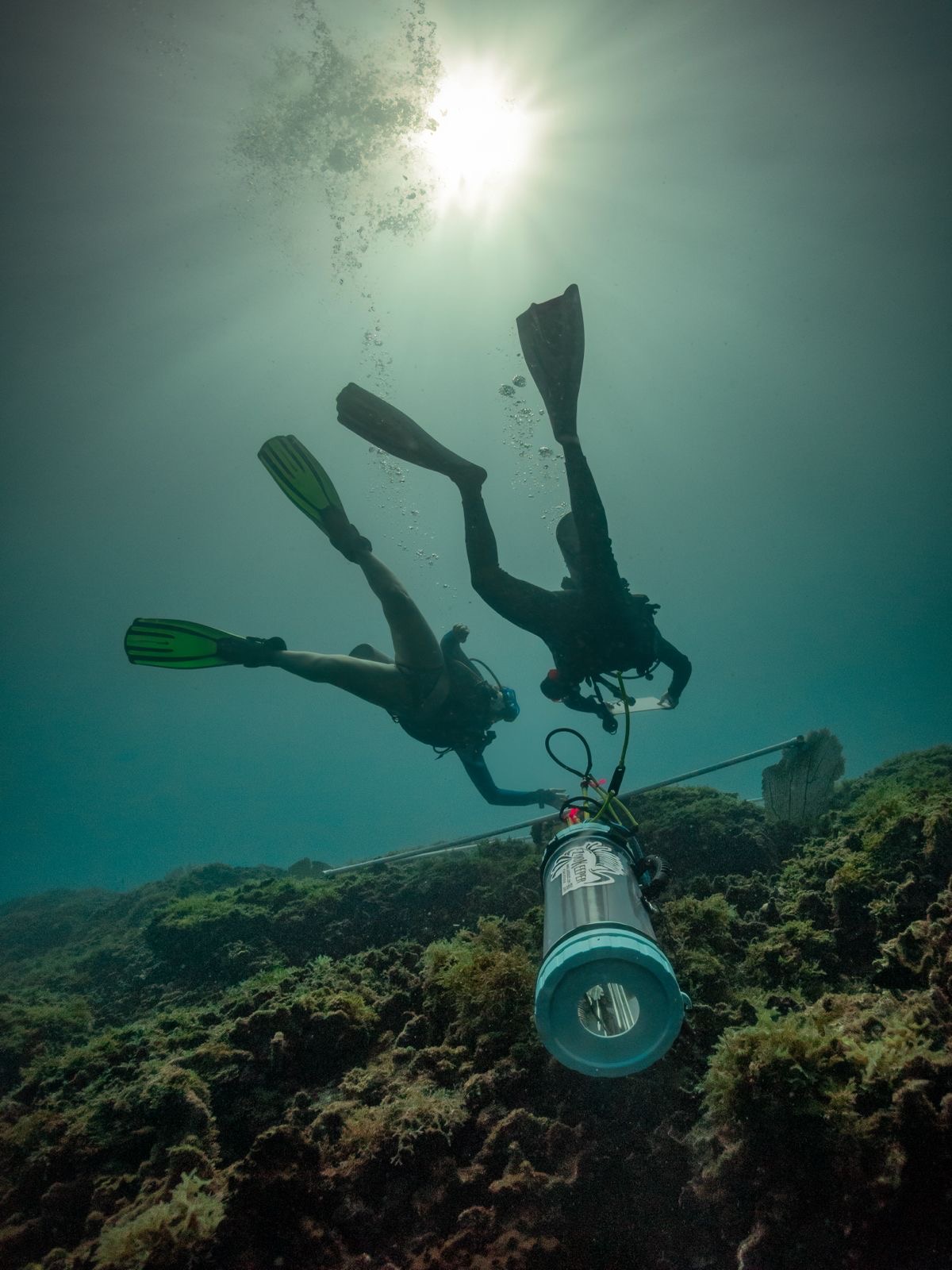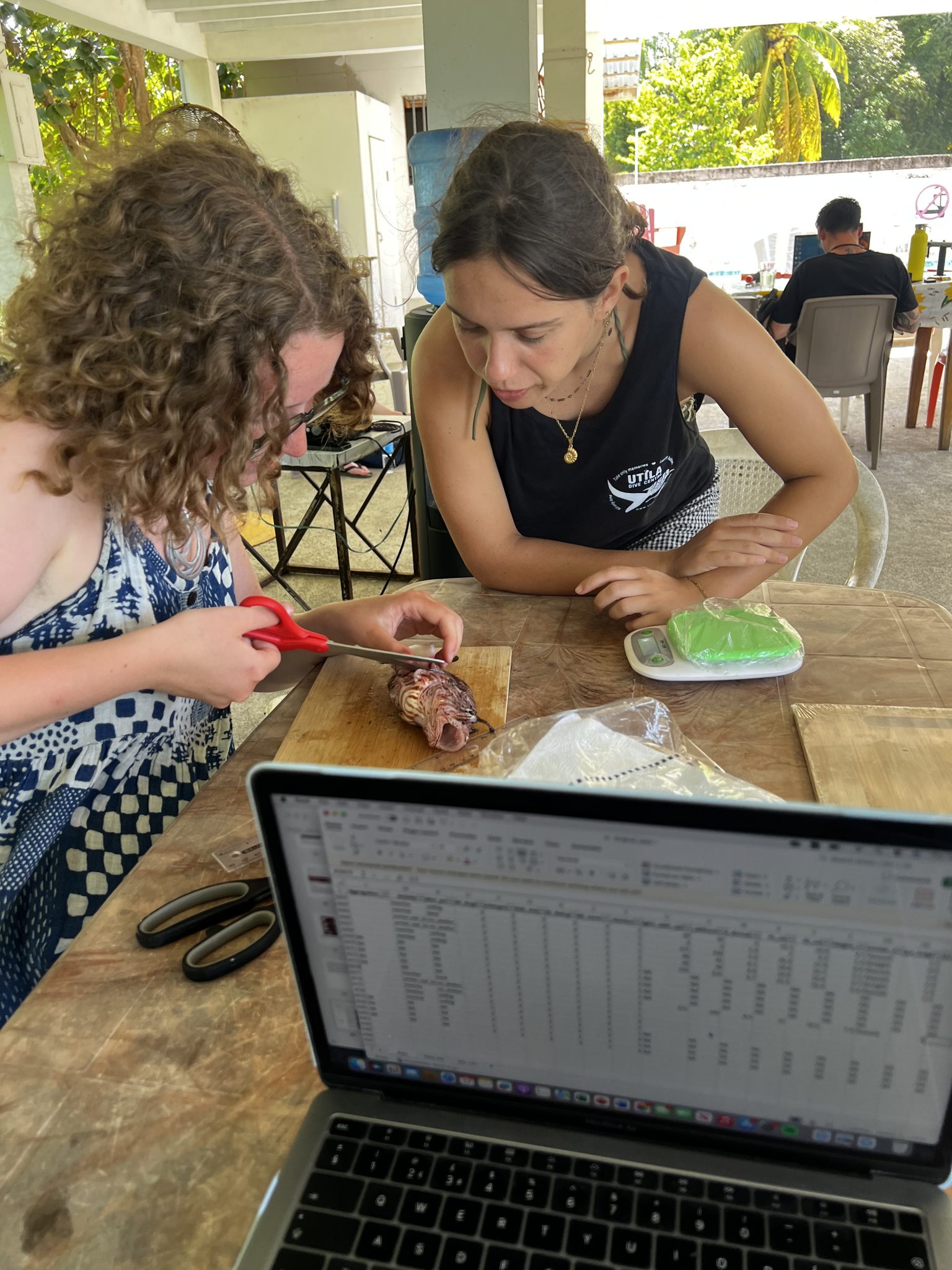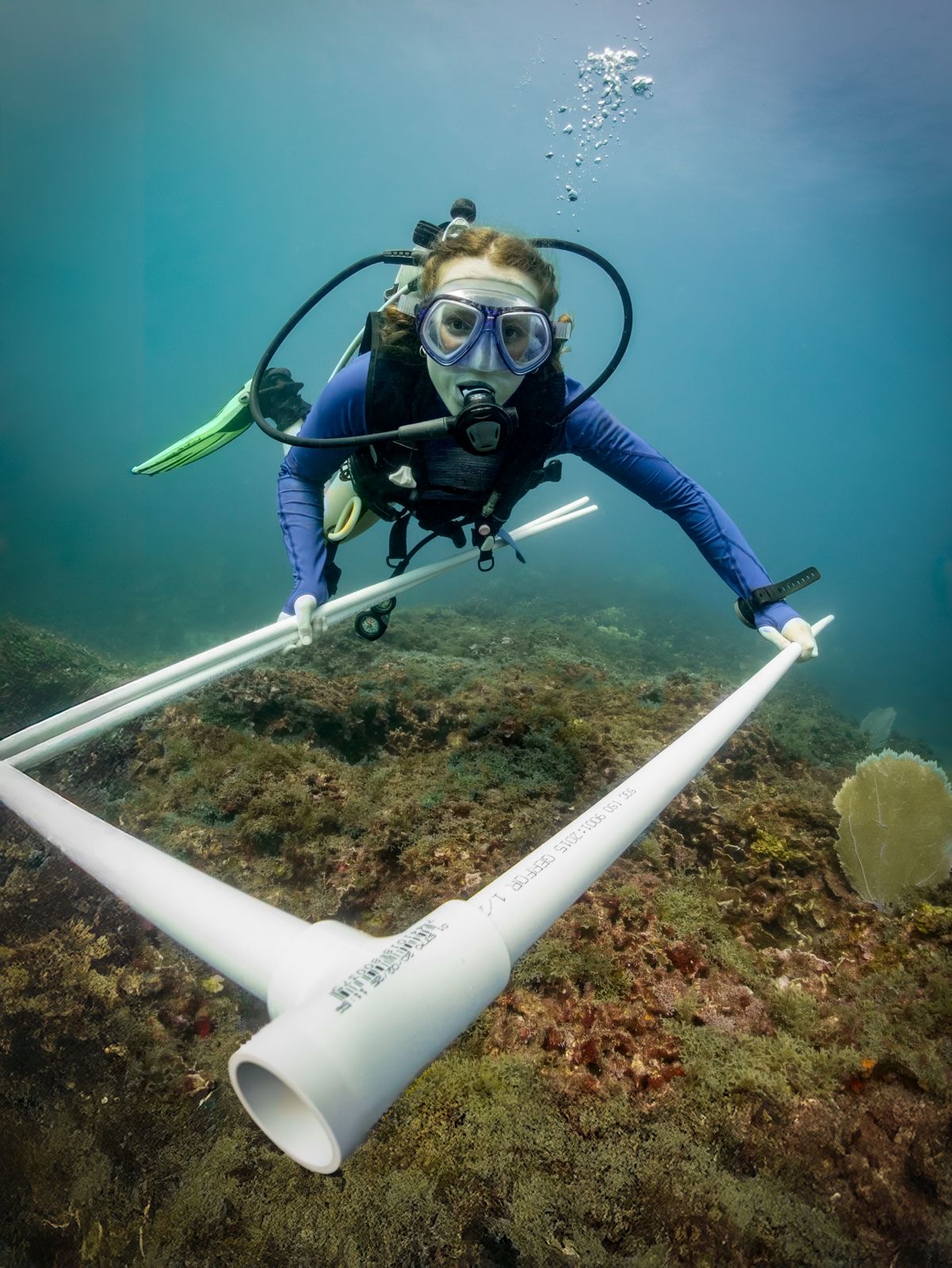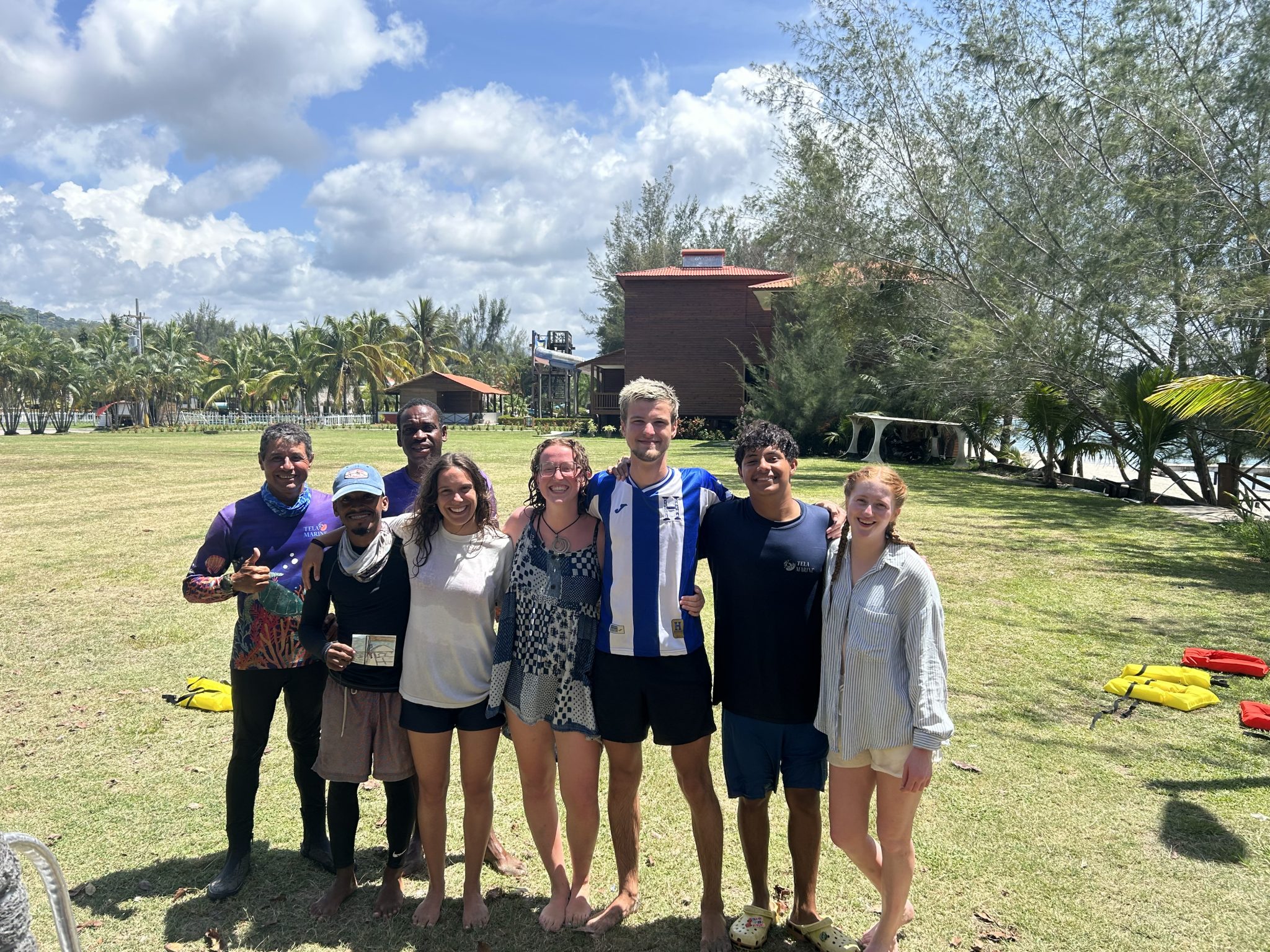

This blog was written by one of the recipients of the Wallacea Trust Murray grant, using funds very generously donated by our partner organisation – the Wallacea trust. The Wallacea Trust is a charity which Opwall works very closely with, to use the data we collect and develop them into long-term conservation management strategies. They also support organisations and individuals to achieve conservation goals. Murray Foundation was a charity established to support young people participating in projects which advance education and develop an understanding of environmental processes. The charity has now been absorbed into the Wallacea trust (Charity No: 1078362).
In order to be awarded the grant, our applicants had to show their passion for conservation and the natural world as well as explaining how coming on an Opwall expedition would benefit their future careers. Sylvie’s was one of the best applications we received and showed us that she is exactly the kind of person who could use her experience this summer to build a future in environmental and conservation research. After reading about her experiences this summer we are confident we made the right choice and were very happy to support her.

I left the UK in June 2025 unable to scuba dive and with little knowledge of marine eco-systems. During four profound weeks as a research assistant with Operation Wallacea, I helped conduct benthic and fish surveys & assisted in the capture and dissection of over 50 invasive lionfish. I also gained a deep appreciation for the complexity and fragility of coral reef ecosystems & a passion for this area of study and research.
In Honduras, the marine site is in the Bay of Tela – home to a uniquely resilient coral reef that, despite heavy freshwater runoff and pollution, remained one of the healthiest in the Caribbean until the bleaching event of 2023. Opwall has monitored this reef since 2014, collecting benthic and fish survey data at multiple sites annually, along with lionfish samples to better understand their impact. Lionfish, an invasive species with no natural predators in the region, pose a significant threat to reef biodiversity. This season’s project focused on how their diet may have shifted following the 2023 bleaching event.

During my first two weeks, I completed both my PADI Open Water diving certification and a Caribbean reef ecology qualification. This involved daily lectures on coral ID, reef threats, and conservation practices, paired with hands-on training in key research techniques – from laying transects and quadrats to using underwater video rigs for benthic and fish surveys.
In the final two weeks, I applied these skills across two research teams. With the reef surveillance team, I helped to lay 50m transects and filmed benthic surveys using GoPros along these transects. I also assisted with fish surveys using stereo video surveillance (SVS) and assisted in daily data analysis. Benthic data involved coral, algae, and invertebrate ID, while fish survey footage was used to calculate biomass of identified fish, offering a more accurate ecological picture than traditional ID methods. SVS techniques for fish surveying are being pioneered by Opwall in their Honduran sites (Tela and Utila). With the lionfish team, I took part in daily dives to locate and capture lionfish. Post-dive, we recorded measurements, dissected the fish for sex and maturity, and analysed stomach contents – typically filled with small fish and crustaceans.

Throughout the month, I gained not only technical skills in scientific diving and data collection, but also a deeper understanding of how conservation science must integrate both ecological knowledge and local context. Tela’s reef is considered an ecological anomaly – it thrives despite conditions that should prevent healthy coral growth. Until the 2023 bleaching event, it was one of the healthiest reefs in the Caribbean, with high coral cover and low levels of algae. Scientists still don’t fully understand why it was able to flourish, which makes ongoing monitoring crucial. At the same time, local interest in marine life is limited, largely due to a lack of education and economic reliance on industries like fishing. This makes the work of Opwall and Tela Marine (Opwall’s local contact) especially important – not just for research, but for engaging local communities through outreach, education, and ecotourism. Sustainable conservation here depends on both scientific data and community involvement.

Now continuing my studies at the University of Edinburgh, I’m excited to carry this experience into my academic work – particularly in sustainability and environmental chemistry. This placement confirmed my passion for marine science and I’m incredibly grateful the Murray award for making this opportunity possible. I grew so much – as a researcher and as a person – and I would love to return to similar work in the future.
Social Media Links